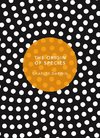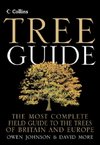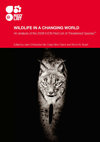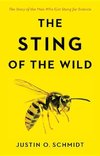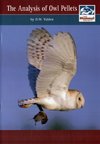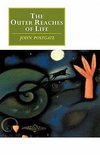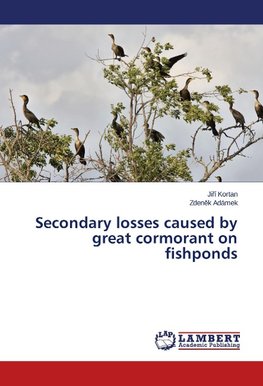
-
 Anglický jazyk
Anglický jazyk
Secondary losses caused by great cormorant on fishponds
Autor: Ji¿í Kortan
Great cormorants as a top fish eating predators cause serious damages to fisheries in several ways. Besides direct consumption, which is estimated to 340 - 520g of daily meal, cormorants affect the pond fish stock by wounding the fish and altering their... Viac o knihe
Na objednávku, dodanie 2-4 týždne
36.99 €
bežná cena: 41.10 €
O knihe
Great cormorants as a top fish eating predators cause serious damages to fisheries in several ways. Besides direct consumption, which is estimated to 340 - 520g of daily meal, cormorants affect the pond fish stock by wounding the fish and altering their behaviour. Fishing cormorants hunt in flocks or as individuals. In case of collective hunting near the shore, fish are crowded to the shoreline where, due to high concentrations and panic behaviour, they may become easy prey for cormorants and some other predatory birds. This tactic is frequently recorded mainly on eutrophic waterbodies like ponds, because it is more effective under the conditions of limited visibility. Systematic attacks upon pond fish stocks result in more or less continuous stress of fish linked up with production decrease. Stressed fish may suffer, hiding in the littoral zone, for several weeks with serious consequencies for spring harvesting operations. Stricken fish, which have escaped from cormorant beak or which cannot be swallowed due to their size, suffer from various deep and surface injuries, which are a frequent precursor to subsequent infection and mortality.
- Vydavateľstvo: LAP LAMBERT Academic Publishing
- Rok vydania: 2014
- Formát: Paperback
- Rozmer: 220 x 150 mm
- Jazyk: Anglický jazyk
- ISBN: 9783659204111

